


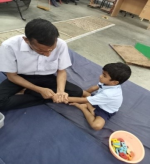
OT and sensory integration therapy are ongoing therapies at BSS. Occupational therapy (OT) is used for assessment and treatment to develop, recover, or maintain the daily living and work skills of people with a physical, mental, or cognitive disorder.
The sensory system serves as a compass for one's body and guides children through development. Individuals with ASD do not have difficulties with perceiving sensory information, rather they have hard times processing the information, causing them to react abnormally that children with ASD are known to often rely on their visual processing skills in order to cope with the symptoms of ASD. Children with ASD also have mixed responses to vestibular sensations. These are tackled in the OT room by the therapist and later generalized into ADL activities out of the OT Room.
Every student at BSS gets occupational therapy every day.

Focus is more on communication therapy, Picture Exchange Communication system is followed as 99.99% of students are not able to communicate through conventional ways. It is an ongoing session in every class.
I-pad - I-pad is being used in the classroom session for teaching various concepts based on the student's ability.
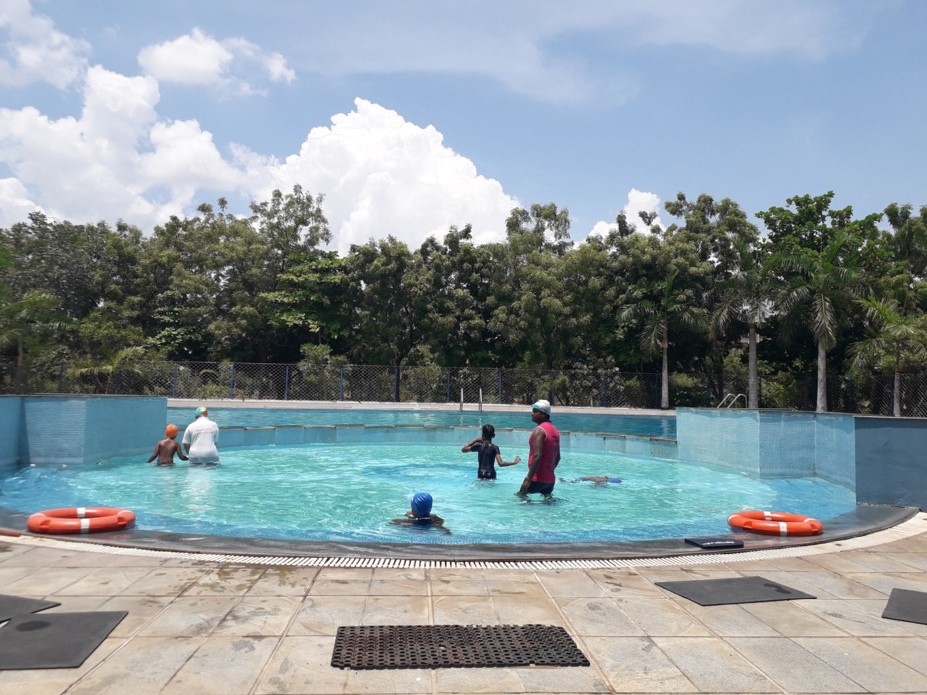
A therapeutic need for the children; behavior reduction, swimming skills observed, relaxation skill introduced, redirection of extra energy. Helps in developing and enhancing fine motor, gross motor, ADL skills; and emotional development. The students attend hydro therapy session three days a week.
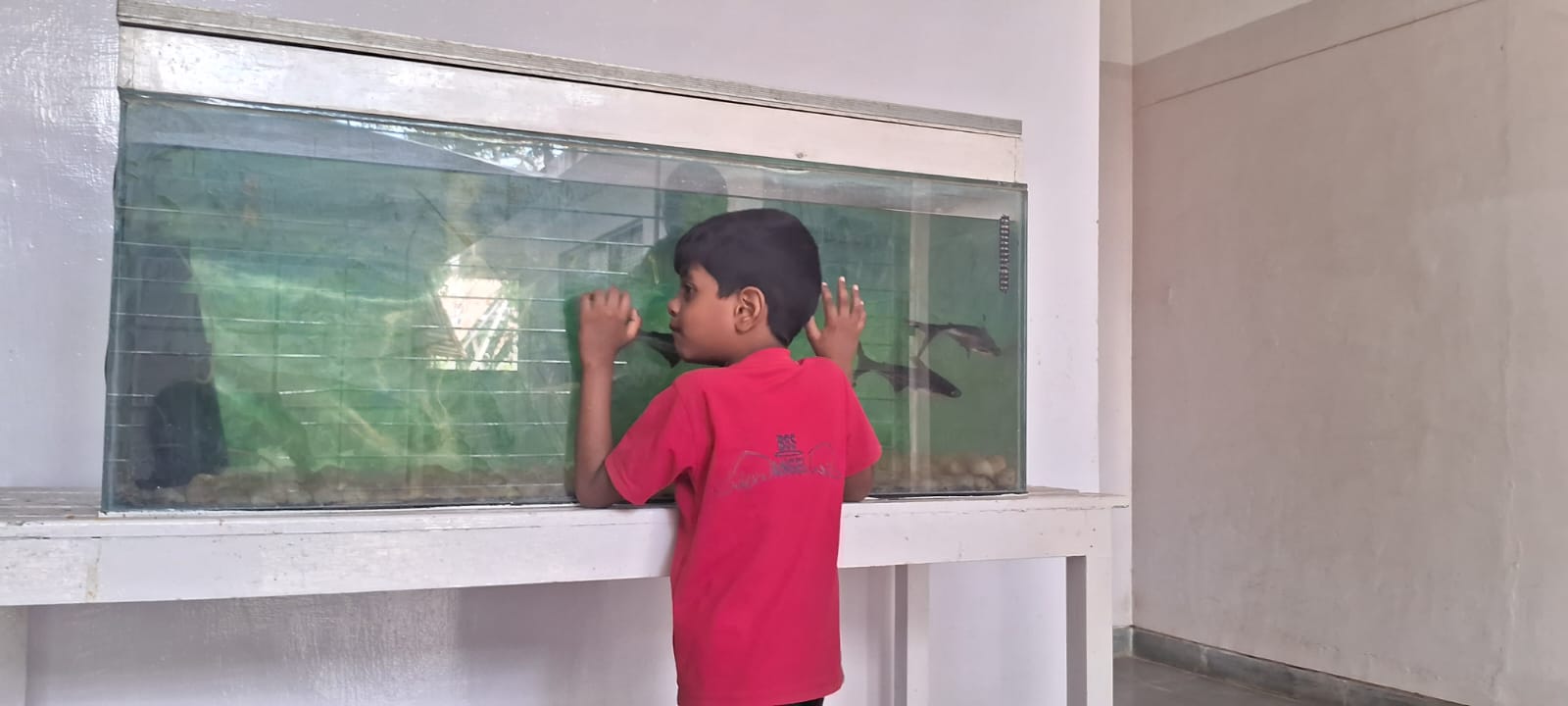
It commenced with the fish tank with big fish and later to small ones; fish breeding as a hobby and a vocational activity. Taking care of the fish by feeding it, found useful in eye tracking, cognitive development and a stress buster.
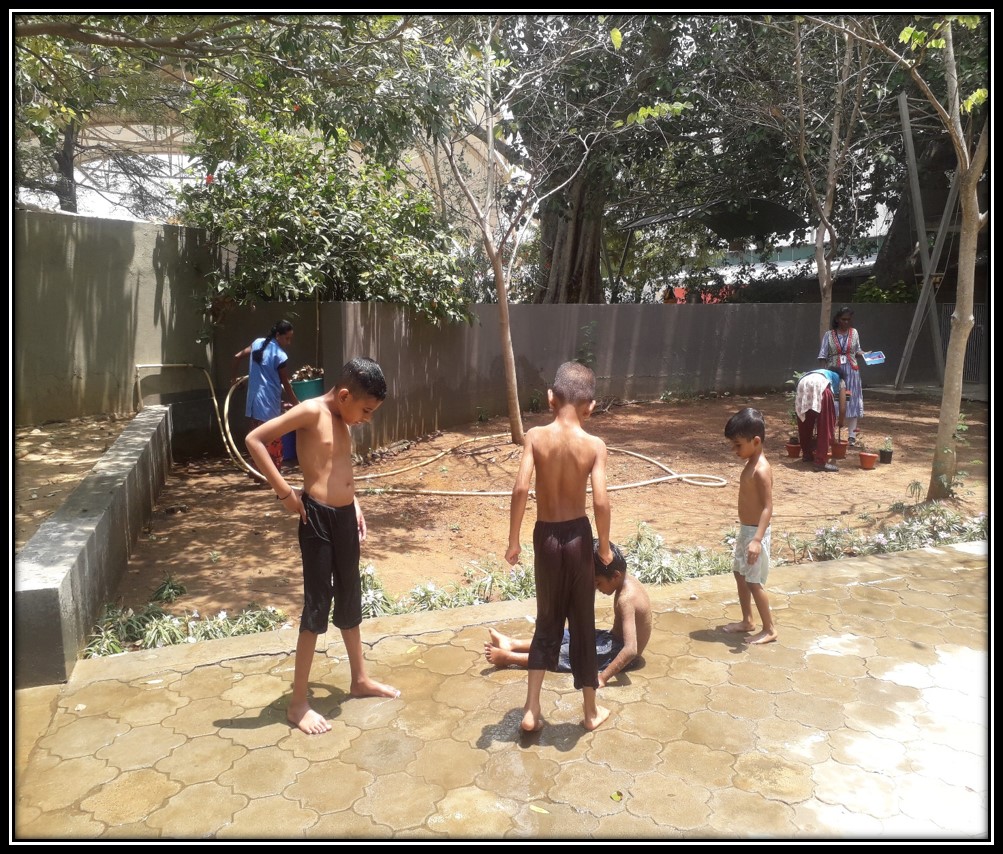
It is very effective to reduce the sensory issues in cases of Attention Deficit Hyperactive Disorder (ADHD) and Attention Deficit Disorder (ADD) by means of full body mud bath followed by warm water shower with friction (rub).
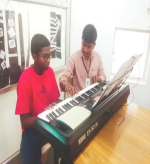
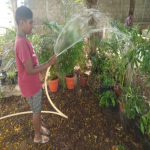
Horticulture Therapy is the use of plants by a trained professional as a medium through which certain clinical defined goals may be met. Therapeutic horticulture is the process by which individuals may develop well being. This is achieved by BSS students through active or passive involvement: To prepare them to a work readiness level, to promote pride of productivity by focusing on personal and work adjustment behaviors. This flows towards the goal of integrating an individual into the everyday community life stream; to improve concentration, attention, sitting tolerance and to relieve stress and anxiety.
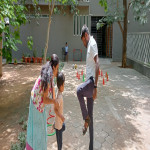
Individuals with ASD have unique needs with respect to learning independence and self-advocacy due to their core challenges in social interaction and verbal and nonverbal communication. SLPs can contribute to the independence and self-advocacy of individuals with ASD by ensuring each individual has a functional communication system (including AAC) and by supporting communication in different social settings with a variety of partners to promote generalization of skills.
Social stories are used to address different behavioral issues and for the following:
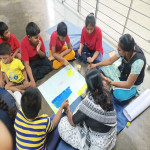
An intervention group therapy is critical in making significant changes in communication for children with regulatory disorders involving attention, language learning and behaviour problems. It helps them to socialize as well as turn taking and sharing relationships development.
An early intervention group therapy and individual treatment program for preschoolers that is critical to making significant changes in communication for children with regulatory disorders involving attention, language learning and behaviour problems.